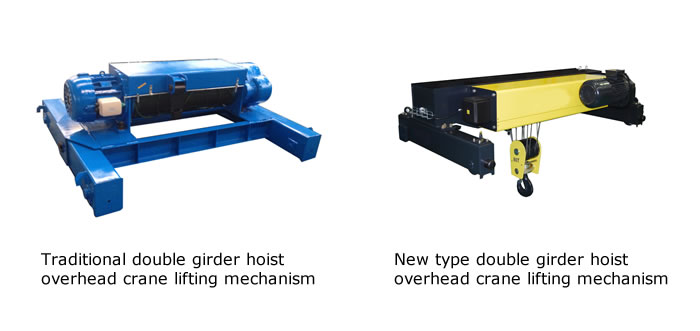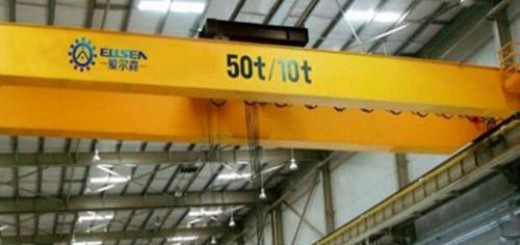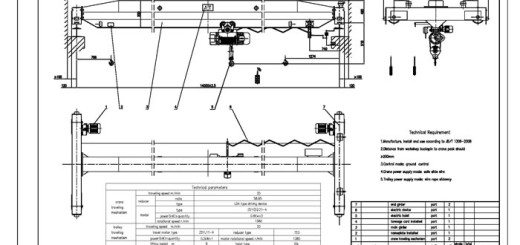Overhead Crane Wiki: How to Get a Crane Operator Certification in Virginia
Some states require certification and/or licensing to operate a crane, while others such as Virginia have yet to enact such regulation. Setting aside the regulation, gaining crane-operator certification form the National Commission for the Certification of Crane Operators (NCCCO), located in Fairfax, Va., can boost employers’ confidence levels when making hiring decisions. Certification helps employers ascertain your knowledge and expertise in operating a crane system, as well as gauge your commitment to safety on the job.
Things You’ll Need
-
Ability to read and write at high school level.
- Visit the NCCCO Web site (www.nccco.org) and review the organization’s certification material. For crane operators, there are four certifications you can achieve: Mobile crane operator; tower crane operator; overhead crane; and articulating crane operator. Determine which certification you seek and review the material provided on the Web site. (See Resources)
- Download the handbook for each certification you seek. The certification handbook will walk you through the process, provide insight about recommended training, and help you understand if you are prepared to pursue certification. As a crane operator, you will need to know how to operate a crane and calculate loads accurately. This requires extensive training, and on-the-job experience. A good opportunity to gain training is entering into an apprenticeship with the International Union of Operating Engineers. (See Resources)
- Passing a written exam is a certification requirement. You may register to take the written exam by filling out the application form located at the end of the candidate handbook and mailing it to the address on the form. Once approved, you may schedule your written exam at the location nearest you (see Resources). The written exam will cover all fundamentals of crane operation and safety, which includes handling and calculating loads, deploying rigging devices, using load charts, and understanding the implications of potential site hazards.
- Once you have successfully passed the written portion, you must pass a practical exam. The form for scheduling the practical portion of your exam also is located in the candidate handbook. You must complete the form and return it indicating the time, date, and location in which you want to take the test (see Resources). The practical exam will consist of actually operating a crane under various circumstances to complete specified jobs. Once you have passed all of the tests, you will receive your certification card.
- Maintain your certification by retaking your exams every five years.
Tips & Warnings
- Crane operators must have a keen sense of balance, along with excellent eye, hand and foot coordination. Following an exercise routine on a regular basis that emphasis those key skills can help improve your safety record on the job.
- OSHA requires all crane operators to have the ability to read and interpret load charts. If you cannot do so, you should not operate a crane, no matter how well you feel you can maneuver one. One mistake in load calculations can cause devastating consequences for you, your fellow workers and the public.





